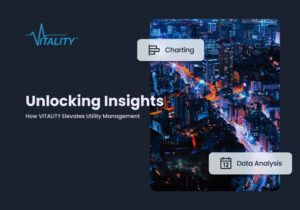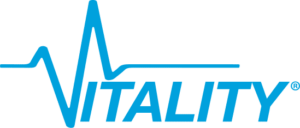Water utility management faces a range of complex challenges in modern times, but technology is offering a range of innovative solutions to help companies operate more efficiently and sustainably. This blog outlines the role of technology in water utility management.

Using Data in Water Management
Real-time Analytics
Real-time data analytics help water systems understand supply and demand in real-time and optimize resource usage.
Smart Irrigation
With data sensors and cloud-based analytics, farmers can adapt irrigation in real-time, conserve water, and optimize crop yield.
Water Quality Monitoring
Remote Water Quality Monitoring helps ensuring that water is safe to drink and monitor water quality in real-time.
Advanced Metering Infrastructure (AMI) in Water Management
Optimized Billing
With advanced metering infrastructure (AMI), utility companies can collect and analyze data to gain insights into consumer usage patterns. Companies can then optimize billing for greater accuracy and precision.
Remote Monitoring
AMI technology provides a remote water monitoring system with real-time levels of consumption and early detection of leaks or damage.
Accurate Usage Measurement
AMI technology also provides higher accuracy in water measurement.
Leak Detection System
Early Detection
Leaks can be detected and located immediately so that corrective actions can be taken before larger damages occur.
Fast Repairs
Leak detection technology can help locate hidden leaks, streamlining repair processes and reducing the time it takes to fix issues.
Sustainability
Leak detection systems allow companies to operate more sustainably by reducing their carbon footprint, minimizing waste, and conserving precious resources.
Asset Management and Maintenance
Predictive Maintenance
Asset management software allows companies to track asset life-cycles for optimal utilization. Predictive maintenance optimizes operational performance by anticipating repairs before an issue occurs.
Stock Management
Comprehensive inventory management including reorder triggers, support for the definition of kits and miscellaneous products, and order history.
Tracking and Scheduling
GPS technology and scheduling systems improve tracking of personnel and vehicles to streamline dispatching and reduce response times.
Asset Management and Maintenance
Predictive Maintenance
Asset management software allows companies to track asset life-cycles for optimal utilization. Predictive maintenance optimizes operational performance by anticipating repairs before an issue occurs.
Stock Management
Comprehensive inventory management including reorder triggers, support for the definition of kits and miscellaneous products, and order history.
Tracking and Scheduling
GPS technology and scheduling systems improve tracking of personnel and vehicles to streamline dispatching and reduce response times.
Benefits of Technology Integration
Reduced Costs
Technology integration reduces operating costs, minimizes overtime staffing, and avoids penalties resulting from maintenance or reporting failures.
Enhanced Efficiency and Productivity
From machine learning to automation, technology streamlines and automates key tasks, enabling staff to focus on more value-added activities.
Improved Customer Service
Customers expect more personalized, real-time experiences. With technology, customer engagement can be more proactive, better personalized, and more convenient than ever.
The Future of Technology in Water Utility Management
As technology continues to advance, the role it will play in water utility management will continue to grow. From greater data integration to improved automation, the future looks bright for water management professionals seeking to operate more efficiently and sustainably.





